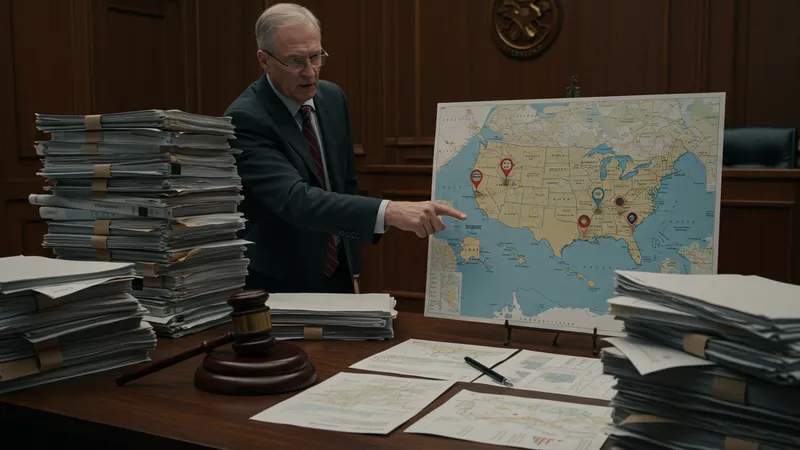
Mesothelioma Legal Options: What Families Should Know
Navigating Mesothelioma Suit Jurisdiction Challenges
One of the unexpected hurdles in mesothelioma lawsuits is determining the right jurisdiction. Many victims and companies involved span multiple states or even countries, complicating the legal process. Each jurisdiction can have vastly different laws regarding asbestos claims, affecting the case’s speed and outcome. This complexity requires a keen legal eye and in-depth understanding to choose the most strategic location for filing the lawsuit.

Experienced attorneys guide families through this maze by leveraging their knowledge of jurisdictional advantages. They select locations known for more sympathetic judgments or where cases are expedited. This strategy can be the difference between a drawn-out battle and a swift resolution. However, those unfamiliar with these nuances might end up in less favorable courts, highlighting the importance of expert guidance.
This legal chess game requires another set of skills—negotiating cross-state legalities and coordinating multi-location evidence collection. It requires coordination and communication with various local agencies and witnesses. Successfully overcoming these challenges ensures that justice is met efficiently, even across state or national borders. But beyond this tactical play, there’s a whole other layer of intricacy waiting to be revealed.
In some bold moves, cases are even brought to international courts when domestic avenues falter. Global players in the asbestos industry might face claims in multiple countries, inviting a different legal landscape. Coordinating international legal strategies adds another ambitious dimension to these lawsuits. With stakes and legal ramifications on a global scale, these cases redefine complexities but also broaden the pathways to justice. What this means for future international litigation is truly groundbreaking…